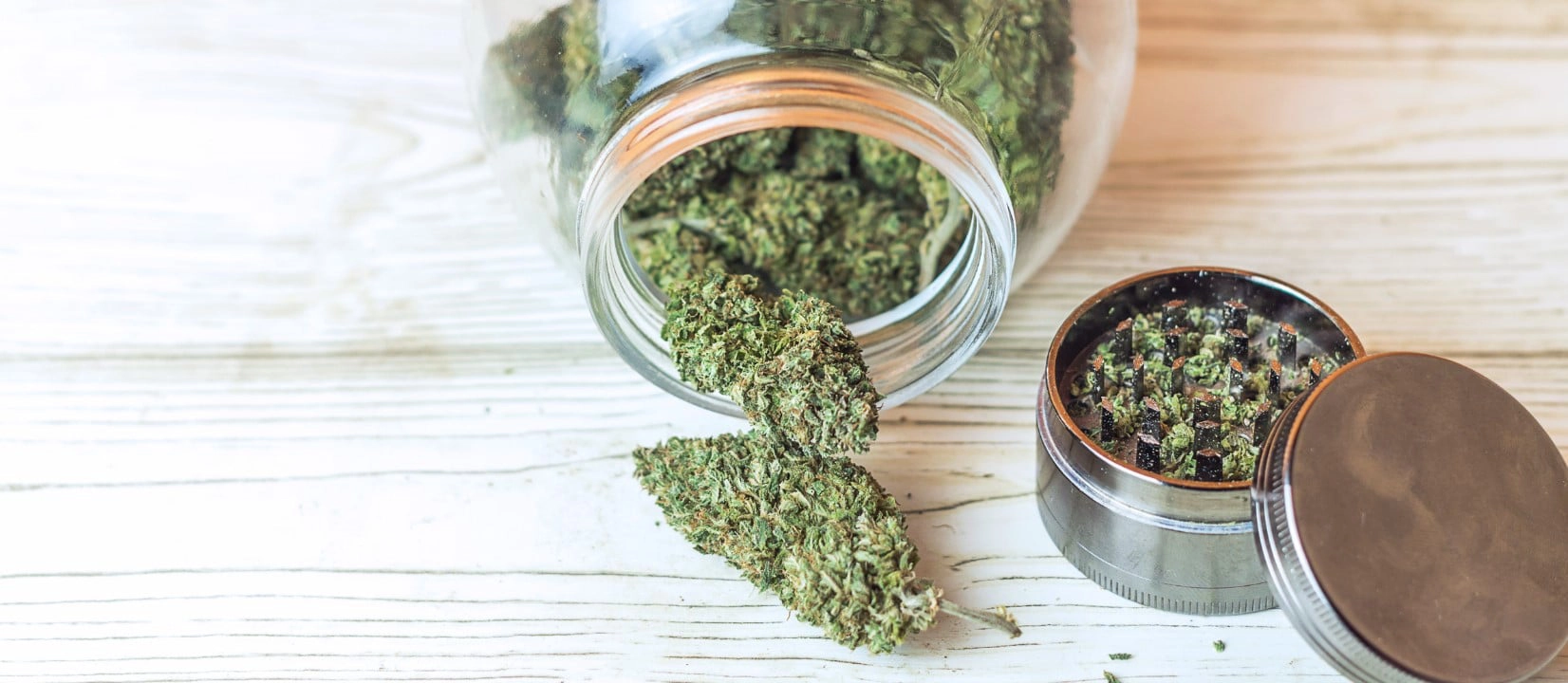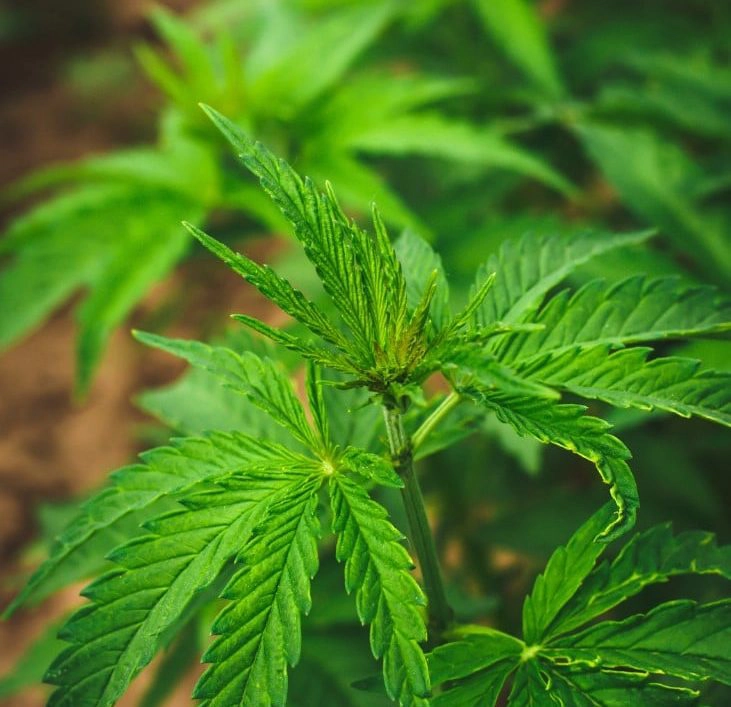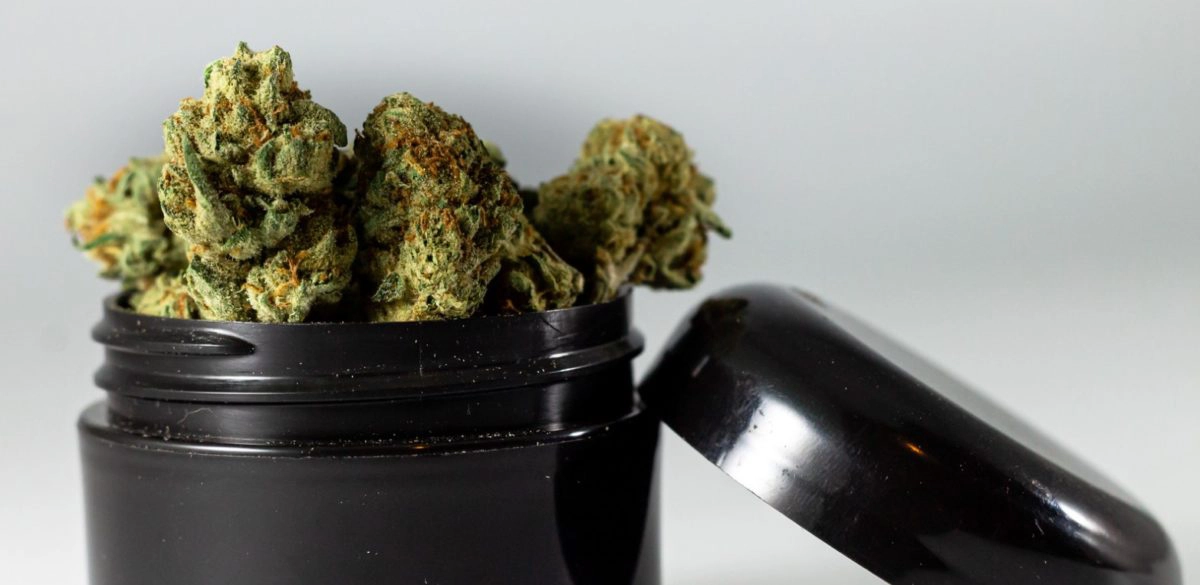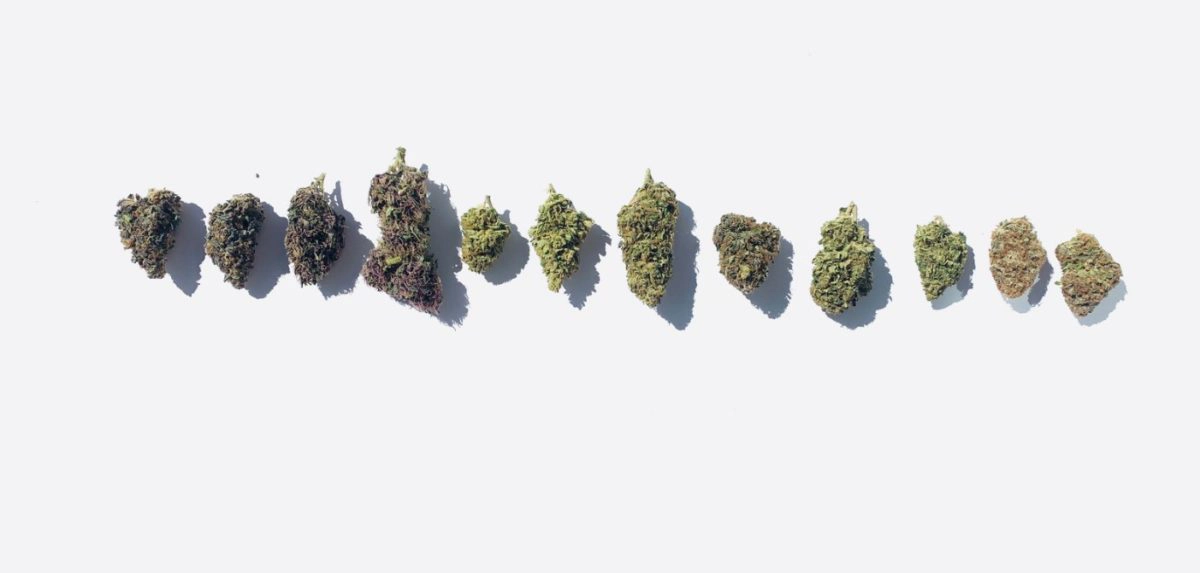Pot. Weed. Marijuana. Mary-Jane. Wacky Backy. Cannabis.
No matter what you call it, it’s all the same plant. It’s been widely used in the United States both medicinally, and recreationally, and for its versatile fibers since our founding. In fact, as early as the sixteenhundreds hemp was grown in colonies around the New World. As cotton grew in popularity, hemp fibers were used less and less in clothing and paper, but cannabis was still used in tinctures and medicines. It grew in popularity as a recreational drug in the early 1900s, but most Americans were not aware and the government was not particularly concerned about its use. However, in the 1930s everything changed. Prohibition was repealed and a new target was born. Marijuana. In 1937, The Marijuana Tax Act was passed requiring a tax on all imports of cannabis. It was supposed to curtail the use of recreational marijuana but instead caught up even cannabis for research purposes. By the 1970s, the laws regulating marijuana were so strict that they were on par with narcotics, and all usage was virtually outlawed. But the People’s views on cannabis have been changing in the last 50 years, and President Biden hopes to roll back the tide on these strict marijuana laws.
A Pipe Dream for Many Comes True
In a groundbreaking announcement, President Biden declared a federal pardon for all Americans who have used marijuana in the past. This includes people who were never arrested or prosecuted. The historic move, aimed at addressing the longstanding consequences of marijuana convictions, holds significant promise for individuals whose criminal records have hindered their access to employment, housing, and education. The pardon applies to U.S. citizens and lawful permanent residents who possessed marijuana for personal use or were convicted of similar federal offenses. Notably, however, the pardon does not include individuals convicted for marijuana sales or other offenses such as driving under the influence of marijuana.

Is Biden Just Blowing Smoke?
The Truth About Your State Charges
The Black and White of The Green
President Biden’s pardon, unfortunately, does not extend to individuals convicted at the state level. This is a serious issue since as of January 2022, there were exactly 0 people incarcerated in the Federal Bureau of Prisons for simple marijuana possession and only 145 convictions in the entire fiscal year of 2021. However, that same year, 4,405 federal offenders received criminal history points under federal sentencing guidelines for prior marijuana possession. 97% of these prior convictions were from state charges.
As of now, 24 states have legalized recreational marijuana. North Carolina isn’t one of them. Here marijuana is classified as a Schedule VI drug. This means possession of 1/2 an ounce or less is a Class 3 misdemeanor with a maximum fine of $200. When a person is convicted of possession with more than 1 & 1/2 ounces, they are guilty of a felony, their fines get higher, and jail time is imposed, even for a first offense.
Presenting a further problem is the glaring racial disparity in both the federal and state crime statistics. Research has shown that marijuana use is roughly equal across racial lines. That is to say, whites and people of color use at roughly the same rate. However, the federal conviction rate for marijuana possession in the last five years tended to be male (85.5%) and Hispanic (70.8%.) In the fiscal year 2021, the federal sentences impacted by prior marijuana convictions (remember these are from state charges) showed most were male (94.2%), and either Black (41.7%) or Hispanic (40.1%.) In NC alone for 2019, 63% of the over 10,000 misdemeanor marijuana possession convictions were of nonwhite offenders even though they only make up approximately 30% of the population.


Rehashing the Issue
Criminal records related to marijuana use and possession still present barriers to many opportunities including employment, housing, and higher education. The federal pardon opportunity comes as part of a continuation of the Biden Administration’s commitment to marijuana-related reforms. He issued a similar pardon earlier in his administration, urged the DEA to lower the schedule of marijuana, and promised to take further action. This year’s pardon goes a step beyond, forgiving all instances of simple marijuana use or possession under federal law, including cases where the individual was never charged. Additionally, the directive expands to encompass minor marijuana offenses committed on federal property. These charges and their consequences disproportionately impact nonwhite males causing a loss of income, incarceration, harsher sentences, and criminal records that stay for life. While the offer of a federal pardon is a step toward rectifying these injustices, it does not cover the vast majority of convictions.
Contact Us
Individuals seeking to participate in Biden’s federal program must follow an application process set by the Department of Justice to obtain a certificate confirming their pardon. This documentation will serve as proof of clemency for employment or housing applications.
If you do not qualify for the program and have marijuana charges here in North Carolina, we can help. Call one of our experienced Criminal Defense Attorneys at Dummit Fradin right away. Don’t let simple marijuana possession bar you from the life you deserve.

